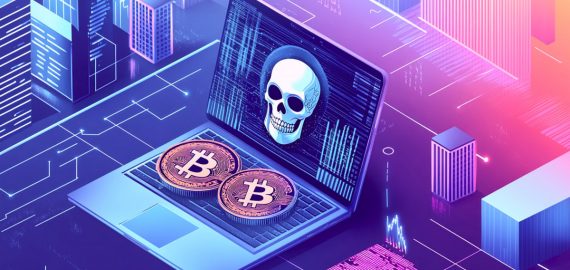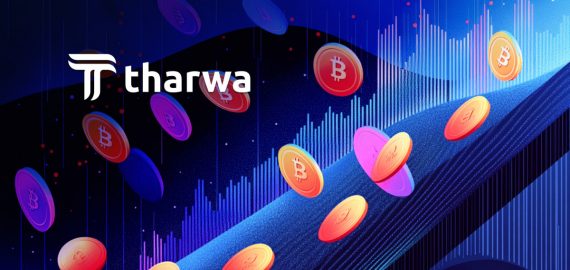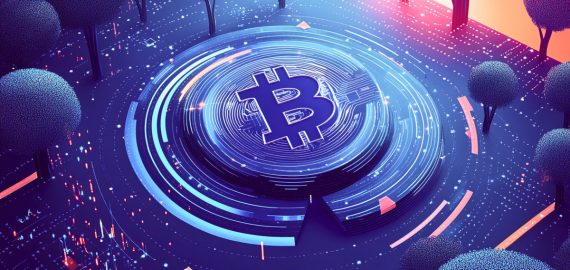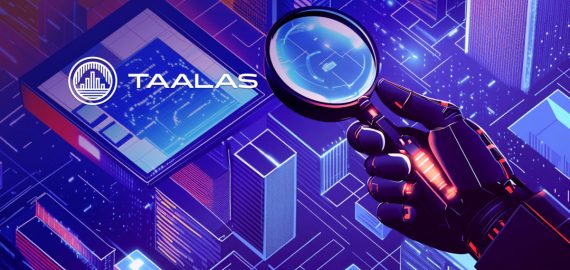Building Trust in AI: The Essential Role of Blockchain, Web3, and Community Governance in a Decentralized Future


In Brief
AI development requires trust, openness, and accessibility. Centralization raises ethical concerns and public mistrust. Decentralized approaches like Theoriq’s one can improve AI’s state.
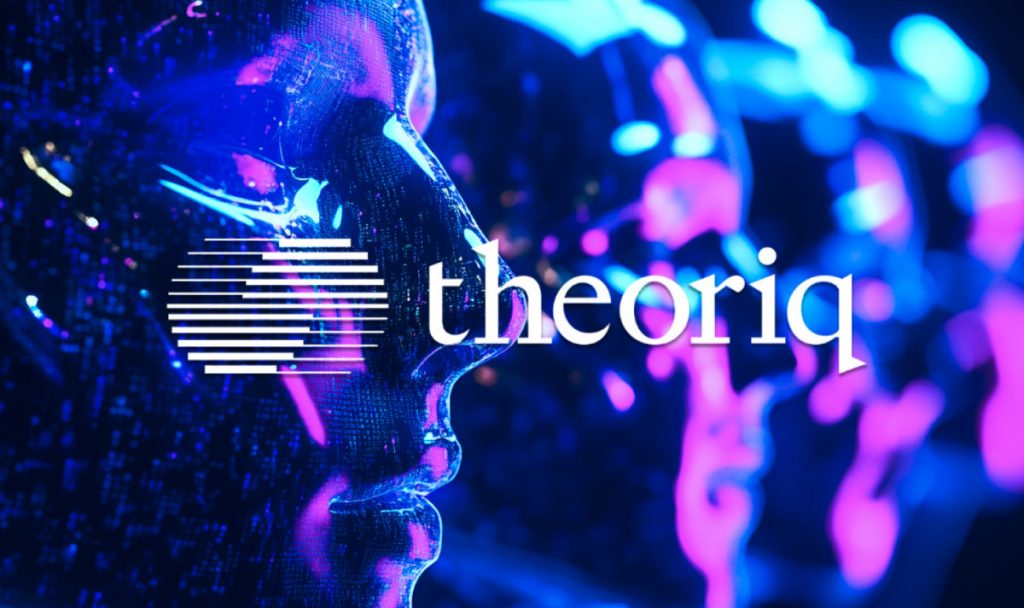
“How can we ensure that AI development benefits all of humanity equitably?”
This is one of the questions that arise when we start talking about AI development, alongside with the others regarding the safety of AI. The growth of AI requires a great deal of trust, openness, and accessibility as its capabilities grow and approach large-scale production. We want to investigate the relationship between AI and Web3, blockchain, and other technologies, looking at how decentralized methods, such as those developed by Theoriq, could improve the state of AI.
A small number of very big IT corporations and research centers control the majority of the AI ecosystem today. Even while centralization has sped up development, there are worries about power concentration, prejudices in AI systems, and restricted access to advanced AI features for individuals and consumers in general.
The creation of centralized AI frequently takes place in secret, with little openness around the algorithms, training data, and decision-making procedures used in AI models. This opacity raises potential ethical issues, unintentional biases, and public mistrust of AI systems that are becoming more and more integrated into our daily lives.
The Blockchain and Web3 Solution
These issues could be resolved by Web3 technologies, especially blockchain, which make it possible for community-driven, transparent, and decentralized methods of AI research. Blockchain’s basic transparency and distributed consensus capabilities may be used to build AI systems that are more clear, responsible, and oriented toward the interests of society as a whole.
This method is demonstrated by Theoriq, a decentralized protocol for managing and creating multi-agent AI systems. Theoriq wants to build an environment where AI agents may communicate in a transparent, safe, and interoperable way by fusing AI with blockchain.
Essential Elements of Distributed AI Development
A number of essential elements become apparent as being vital for fair AI development via Web3 and blockchain. Decentralized governance guarantees that community-driven decision-making matches the interests of many stakeholders—rather than just a small number of businesses or organizations—in the creation and use of AI systems. An unchangeable track of AI model learning, updates, and decision-making procedures may be provided by transparent development methods made possible by blockchain.
Important components of this approach are also composability and interoperability. Standardizing AI agent communication and interaction protocols will help to create an environment in which developers globally may more easily exchange, integrate, and expand upon AI capabilities. This methodology stands in stark contrast to the present state of divided AI research.
Just Rewards and Unrestricted Access
Fair reward schemes are essential to the development of decentralized artificial intelligence. Contributors to AI research, whether they offer data, processing power, or create new models, may be fairly and openly compensated via tokenized systems. This strategy makes sure that everyone in the ecosystem receives a more equitable share of the value produced by AI systems.
One further important advantage of decentralized networks is open access. These platforms enable developers and end users to use powerful AI tools that would otherwise be inaccessible by democratizing access to AI capabilities. This democratization might encourage innovation and guarantee that the advantages of AI are not limited to a small number of very large companies.
Theoriq: A Decentralized AI Case Study
The platform provided by Theoriq provides information on how these ideas might be implemented. Their Agent Base Layer establishes a uniform framework for on-chain AI interactions, while their Infinity Studio offers an intuitive interface for dealing with AI agents. AI agents’ activities are clearly documented, and successful collaboration is rewarded, thanks to the Proof of Contribution and Proof of Collaboration methods.
By giving developers the ease to publish and sell their works while offering consumers access to a vast array of AI capabilities, the Infinity Hub marketplace further democratizes access to AI agents. This open ecosystem strategy offers a glimpse of a more fair and accessible future for AI research, starkly contrasting to the walled gardens of many present AI platforms.
Difficulties in the Development of Decentralized AI
Decentralized AI development has a lot of potential, but there are a few issues that need to be resolved. Since blockchain systems need to be able to manage the high throughput necessary for intricate AI operations and interactions, scalability is a major challenge. Another important concern is privacy; although openness is important, safeguards for private information and intellectual property must also be in place.
Regulatory conformance poses an additional challenge. Ensuring compliance with many worldwide rules gets increasingly hard as AI systems grow more dispersed.
In open environments, quality control is much more important. Ensuring the quality and safety of AI agents working on decentralized systems requires the implementation of robust procedures. This might entail automated testing procedures, community-driven rating systems, or other creative ways to uphold high standards in a decentralized setting.
Another essential element of this shift is user education. Users need to be aware of the advantages and possible hazards of dealing with decentralized AI systems in order for them to be widely adopted. All ecosystem participants will need to work together in this continuous education process.
The Influence of Teamwork and Community Involvement
Collaboration across several industries is necessary to build Web3 and blockchain to create AI systems that are accessible, transparent, and equal. In this ecosystem, developers, data suppliers, computing resource providers, and end users all have vital responsibilities to perform.
In this new approach, community involvement and governance are very important. The advantages of these technologies will be spread more fairly if community members are given the opportunity to participate in the governance and development of AI protocols, as Theoriq’s approach indicates. It not only promotes more democratic decision-making but also makes use of the combined knowledge of a multicultural society worldwide.
AI’s Future: Equitable and Decentralized
The need for egalitarian, transparent, and community-driven development is growing as AI continues to change the world. A bright way ahead is made possible by Web3 and blockchain technologies, which will allow for the development of AI systems that are more powerful and in line with the interests of society as a whole.
Platforms like Theoriq, which facilitate cooperation among Agent Collectives and encourage transparent and safe AI agent interactions, are in a good position to benefit from this change. We can strive toward a future where the enormous potential of AI is utilized for the benefit of everyone by promoting an open environment where developers, users, and AI agents may engage freely and equitably.
Disclaimer
In line with the Trust Project guidelines, please note that the information provided on this page is not intended to be and should not be interpreted as legal, tax, investment, financial, or any other form of advice. It is important to only invest what you can afford to lose and to seek independent financial advice if you have any doubts. For further information, we suggest referring to the terms and conditions as well as the help and support pages provided by the issuer or advertiser. MetaversePost is committed to accurate, unbiased reporting, but market conditions are subject to change without notice.
About The Author
Victoria is a writer on a variety of technology topics including Web3.0, AI and cryptocurrencies. Her extensive experience allows her to write insightful articles for the wider audience.
More articles

Victoria is a writer on a variety of technology topics including Web3.0, AI and cryptocurrencies. Her extensive experience allows her to write insightful articles for the wider audience.















































